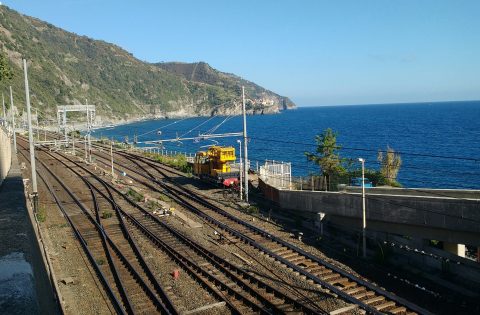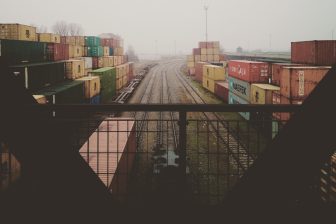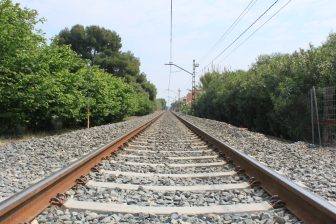
Stop of Italian production starts to show on railways
While freight operators were seeing full trains running to and from Italy up till now, the closure of several factories in the coronavirus-stricken country is taking its toll. From this week, several operators report a decrease in volumes, and as a result, cancellation of train departures.
It looks like this week is the turning point, several industry players agree. Last week, all nonessential factories across Italy were ordered to shut down in an attempt to halt the coronavirus outbreak. The country is witnessing the most severe outbreak in Europe; the number of people infected is nearing 100,000, while more than 10,000 people have died from the virus.
Decline in volumes
“We expect to see a decline in export volumes”, says Nick Ahsman, who works for operator GTS in the Netherlands. This is a direct result of the halt on nonessential production. “These factories have stopped purchasing, which leads to a drop in demand from Europe. The food industry is an essential sector, so these volumes continue”, he adds.
Due to this change of game, several train journeys will have to be cancelled in the weeks to come, says also operator Hupac. Both companies explain that the exact number of cancellations is not definite. “We judge this on a day-to-day basis. But what is for sure, is that we will see some cancellations from now”, says Mark Jansen, representing Hupac in the Netherlands.
Shift to rail
Up till this point, rail freight on the corridor to and from Italy witnesses little impact in terms of volumes. There was even a slight increase, according to some industry players, as trasnport by road is currently facing some hurdles due to additional border procedures.
“With the spread of the coronavirus becoming more apparent, leading companies in the logistics sector are shifting a significant amount of goods to rail in order to reduce the mobility of people (drivers) across Europe. This happens especially on the north-south corridor for traffic to and from Italy”, read en Open Letter to the EU institutions by intermodal operators and lobby organisations two weeks ago.
Fully loaded
“If I take a look at the utilisation rate of our train journeys between the Netherlands and Italy last week, I see a coverage of almost 100 per cent”, said Ahsman, adding that GTS runs eighteen trains per week. Also in other European countries, continued operations were reported.
“All freight trains run without restrictions according to the timetable. Depending on customer demand, capacity for intermodal and conventional goods transport by rail from/to Italy can be increased at any time”, said Rail Cargo Group two weeks ago.





